Proposition 213 was created in 1996, as a way to encourage motorists to get and maintain insurance. The goal of this proposition was to prevent uninsured motorists and drunk drivers from collecting damages from those who are driving lawfully. The proposition was a ballot initiative that became effective November 6, 1996.
What is the California Proposition 213?
Proposition 213 prevents uninsured drivers from collecting non-economic damages (like pain and suffering) in a lawsuit. This applies even if they were not at fault in the accident. They are however, still able to collect economic damages like medical expenses, property and lost wages. The end result is that for someone driving without insurance, their rights are limited in terms of the ability to sue to regain damages.
This proposition also limits the rights to collect non-economic damages for drunk drivers or drivers who are impaired by other substances and convicted felons who are injured while committing a crime or fleeing the scene of a crime.
How Did Proposition 213 Start?
Proposition 213 was started by the car insurance industry, who asserted that the costs associated with accidents by uninsured drivers were causing insurance to rise for insured drivers. The proposition was supported by a number of groups, including Mothers Against Drunk Driving, the California Police Chiefs Association and the California Association of Highway Patrolman.

The rationale is to promote insurance, reward those who carry insurance and provide a deterrent to uninsured drivers, drivers with DUIs and felons.
How Proposition 213 Works and Who It Affects?
Prop 213 works by restricting the kinds of damages an uninsured or drunk driver can claim if they are in an accident, even if it was not their fault. An uninsured motorist cannot collect non-economic damages which includes compensation for pain and suffering, disability, emotional distress, loss of companionship, and more. They can however collect economic damages which can include medical expenses, lost wages, lost earning capacity, costs for long-term care or rehabilitation, property damage and more.
Proposition 213 affects injured motorists who were driving without insurance for the vehicle at the time of their accident.
One of the effects of proposition 213 has been that car insurance companies have gradually lowered their rates. In 1998, two years after the proposition passed, Mercury Insurance Co. reduced its rates by 6.4%.
The restrictions that are imposed by proposition 213 also has the effect of discouraging drunk driving. Even if a motorist has insurance, once they have been convicted of driving under the influence (DUI), the damages they can collect are limited. This part is seen as quite important as even an uninsured driver in an accident with a drunk driver is not as restricted in what they are allowed to claim in comparison to the driver with a DUI.
Exceptions to Proposition 213
There are a few exceptions to be aware of if you have gotten into an accident and the vehicle was not insured. They are listed below; proposition 213 does not apply to the following situations:
You were driving your employer’s uninsured vehicle
You were driving an uninsured vehicle, but have insurance of your own for your vehicle
The accident was on private property
You were a passenger in an uninsured vehicle
You are uninsured but the driver who caused the accident was drunk or under the influence or a felon in the middle of a crime or fleeing the scene
The accident and subsequent injury were due to product liability
Drawbacks of Prop 213
Proposition 213 is black-and-white legislation that does not allow for “grey area” cases. Due process is ignored and cases are not given the chance to be tried in a court of law.
While proposition 213 restricts the non-economic damage that drivers under the influence and felons can receive, it also limits the claims that uninsured motorists can receive. Though insurance is mandatory, putting these three classes of drivers together is not necessarily fair as it punishes those without insurance to the same degree as a drunk driver or felon. It also fails to consider that some people may not be uninsured by choice. If someone does not have enough financial security to maintain shelter or food, stopping insurance can be the difference between making this month’s rent or not. The idea of taking public transportation could be a solution but it may not run at all hours, frequently enough, can take a very long time and may not get someone close enough to their workplace and an individual may need to make a difficult decision to keep themselves and their family housed and fed.
How Can Personal Injury Lawyers Help?
Like a lot of legal situations, it can be difficult to assess how a law applies to a particular situation and it may be hard for an individual to determine if they fall into an exemption category. Lawyers can help in a few ways.
A personal injury lawyer can decide if proposition 213 applies to a situation by looking at the individual’s insurance status and other elements of the accident to see if they qualify for a trial or if they might need help in determining what they are entitled to. An example could be that an employee is driving and the company’s car is not insured, but they have their own personal insurance for their vehicle. In a case like this, proposition 213 would not apply for two reasons: they have their own insurance, and the responsibility is the employer’s so the employee is not responsible for carrying insurance on the company car.
It can be hard to tell if an exemption applies, and consulting a lawyer can make that clear. Though this article lists a few exemptions, is it not a substitute for legal advice and having a lawyer thoroughly understand the situation can also help to maximize the recovery of damages. Even in cases where proposition 213 applies, a lawyer is knowledgeable of the economic damages you can recover and will make sure that there are no missed opportunities to claim, especially with damages that may not be obvious like future medical costs or diminished earning capacity.
A lawyer is capable of negotiating settlements with insurance companies or other drivers to get fair compensation for the injuries sustained. There may also be cases where a lawyer can challenge prop 213 if they have substantial reason to think that it does not apply to this particular situation. Overall, the legal landscape can be difficult to navigate by someone unfamiliar with the process and having a lawyer to consult can increase compensation even if the case does not seem like a strong one.
At Shiganian Law, we understand that accidents rarely occur without cause. When someone else's negligence disrupts your life, we are here to help you secure the compensation you deserve.
Frequently Asked Questions
How Prop 213 Limits Recovery in Car Accidents
If a driver does not have insurance and gets into an accident, they will not be able to recover non-economic losses, even if the accident was not their fault. However, there are other losses that can be claimed and it is important to have a lawyer assess what you might be entitled to. The severity of the injury can factor into economic losses but not non-economic losses like loss of enjoyment of life or emotional distress.
If a driver is under the influence of drugs or alcohol, they are also going to be restricted in what they can claim. Like the uninsured driver, they can claim for economic damages but not non-economic ones. If the driver is convicted of a DUI and they were not the one to have caused the accident, they are still not entitled to any non-economic compensation.
What is Recoverable According to Proposition 213 in California?
Economic damages are usually not restricted when driving without insurance or under the influence. These include medical expenses (now and future), lost wages (now and future), loss of earning capacity, property damage, and other expenses that are easy to quantify like costs of home care, transportation, disability accommodations and more.
Non-economic damages are limited by prop 213. This means a driver that is not exempt from proposition 213 typically will not be able to recover compensation for pain and suffering, emotional distress, loss of enjoyment of life, and loss of consortium.
As every situation is unique, consulting a lawyer can help maximize compensation for an injury.
How Does it Impact Uninsured Drivers?
The main impact is the restriction on getting compensation for non-economic losses. Whether at fault or not, what can be recovered is generally limited to economic losses, which are more tangible and able to be clearly associated with a cost.
There are exceptions, and if the situation and driver fall into one of the exempt categories, they will be able to claim both economic and non-economic losses. Those who have cases that are exempt may be a passenger, or may not be on public roads, or if the other party that caused the accident was a felon committing or fleeing a crime.
The overall intention was to encourage getting and maintaining mandatory insurance, even if it only covers the minimum requirements. Proposition 213 is meant to discourage driving without insurance by limiting what can be financially recouped by someone in this position.
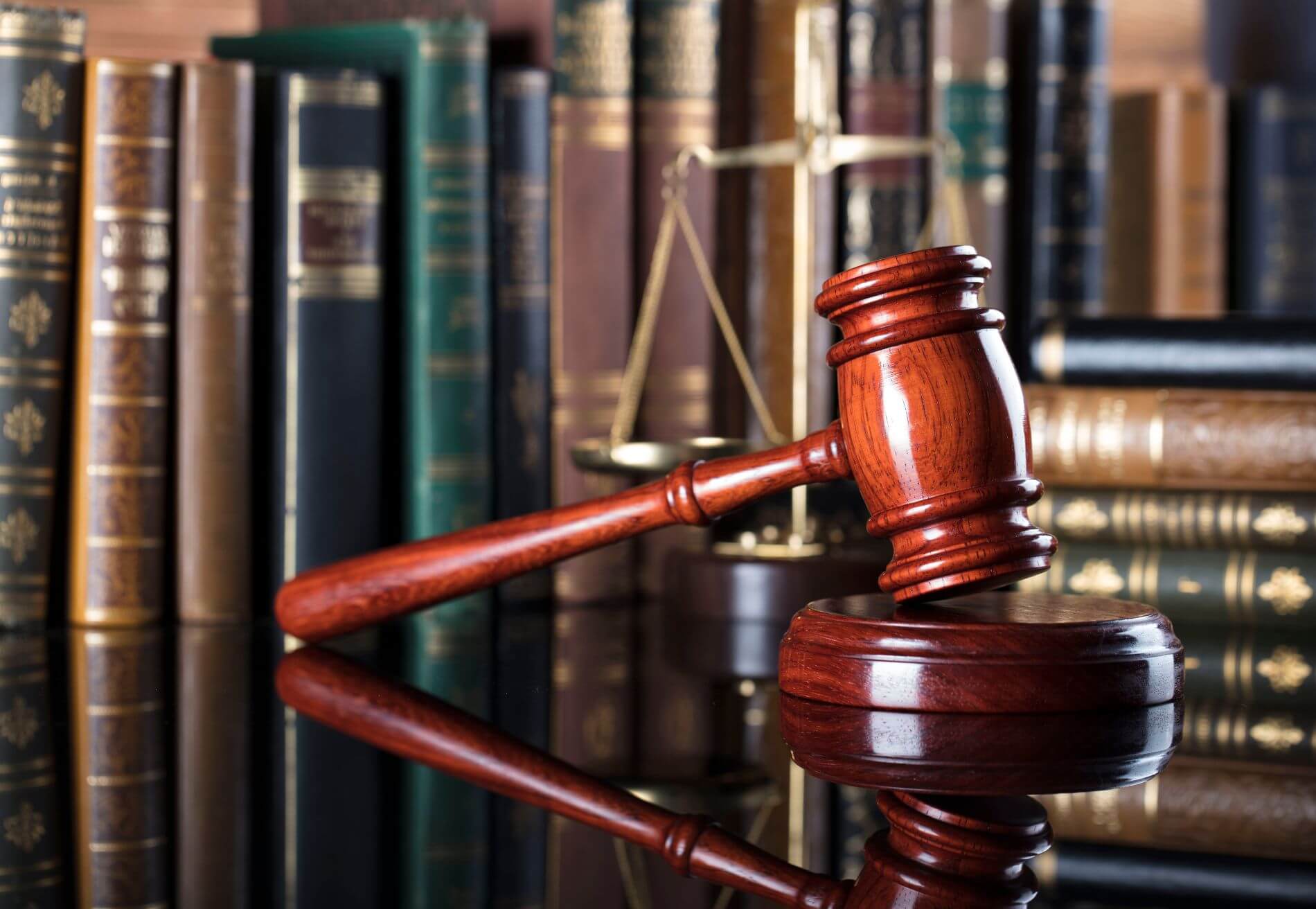
How Personal Injury Cases Protect the Community
When most people think of personal injury cases, they picture an individual seeking compensation for medical bills, lost wages, or pain and suffering. read more
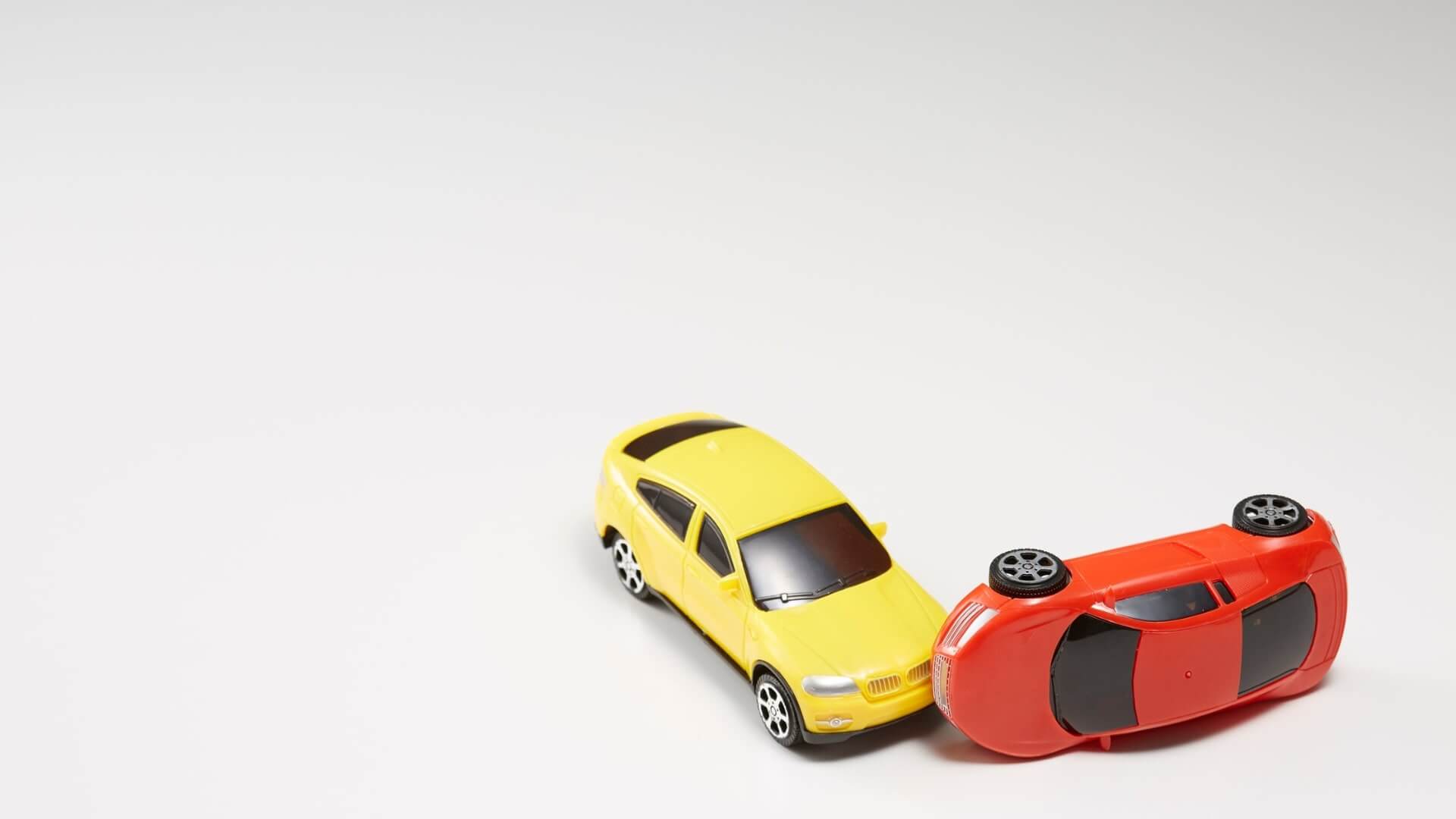
What Happens If You're Partially At Fault in an Accident
After an accident, one of the first worries people often have is: “What if I was partly to blame? Does that mean I can’t recover anything?” read more

Think Before You Post: How Social Media Can Hurt Your Accident Claim
Sharing accident updates on social media may feel harmless—but insurance companies and defense attorneys can use your posts against you. Learn why posting after an accident is risky and how to protect your personal injury claim. read more
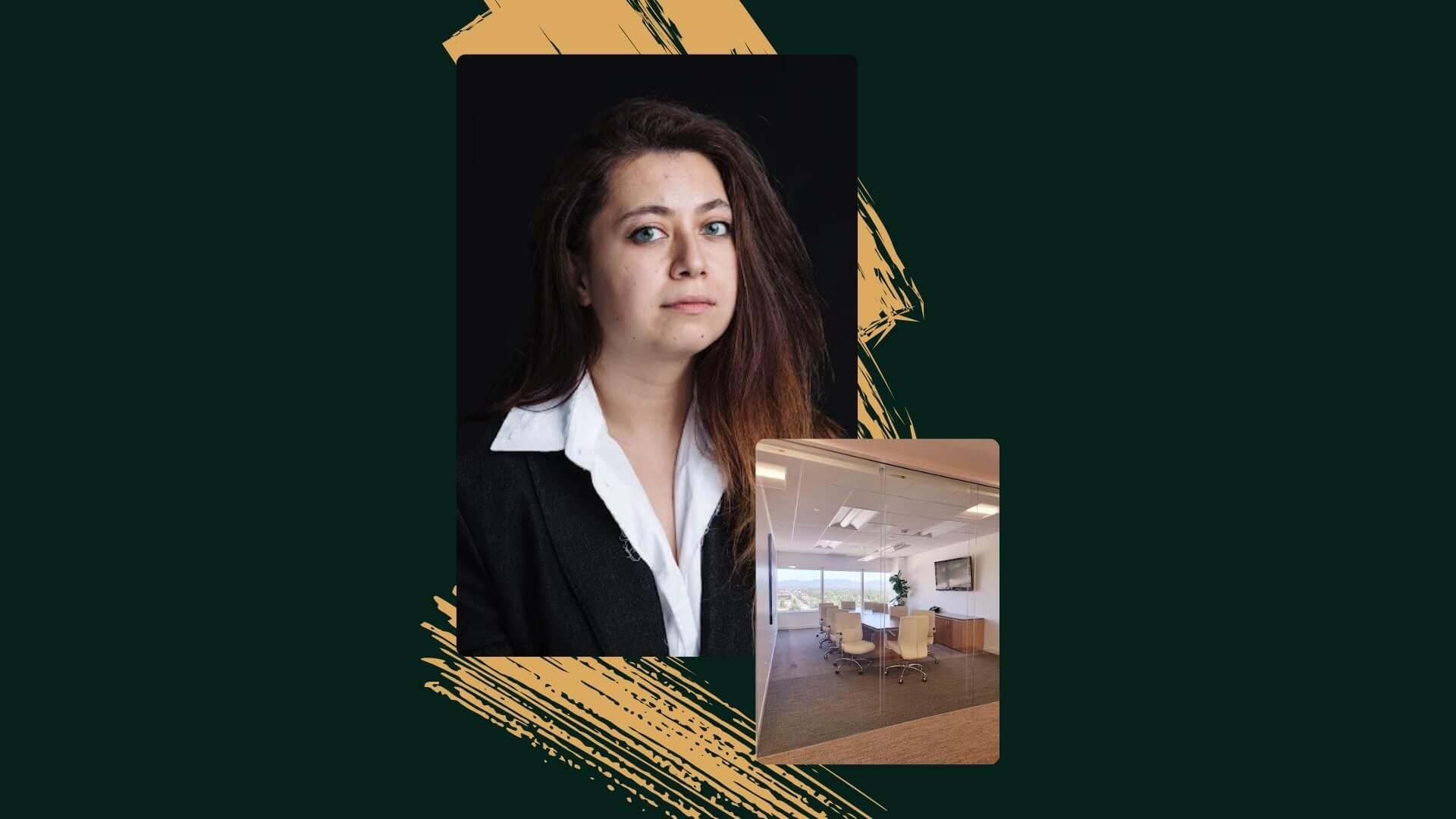
Why Shiganian Law is the Top Personal Injury Firm in Sherman Oaks and Encino
Shiganian Law delivers expert personal injury representation with a proven track record. Led by Isabel Shiganian, we offer personalized service, direct communication, and results-driven advocacy. No fee unless we win. read more

Hidden Injuries That Can Arise After a Car Accident — and What to Do Next
Learn about hidden injuries that can arise after a car accident. Comprehensive guide covering injury types, injury settlements, and steps to take after an accident. read more

How Dashcam Footage Can Completely Change Your Car Accident Claim
Discover how dashcam footage can transform car accident claims by providing clear evidence, resolving disputes, preventing fraud, and expediting insurance settlements. read more

Bitten But Blamed? How Insurance Companies Shift Fault in Dog Bite Claims
Discover how insurance companies shift blame in dog bite claims, the legal protections for victims in California, and steps to defend against unfair accusations. read more
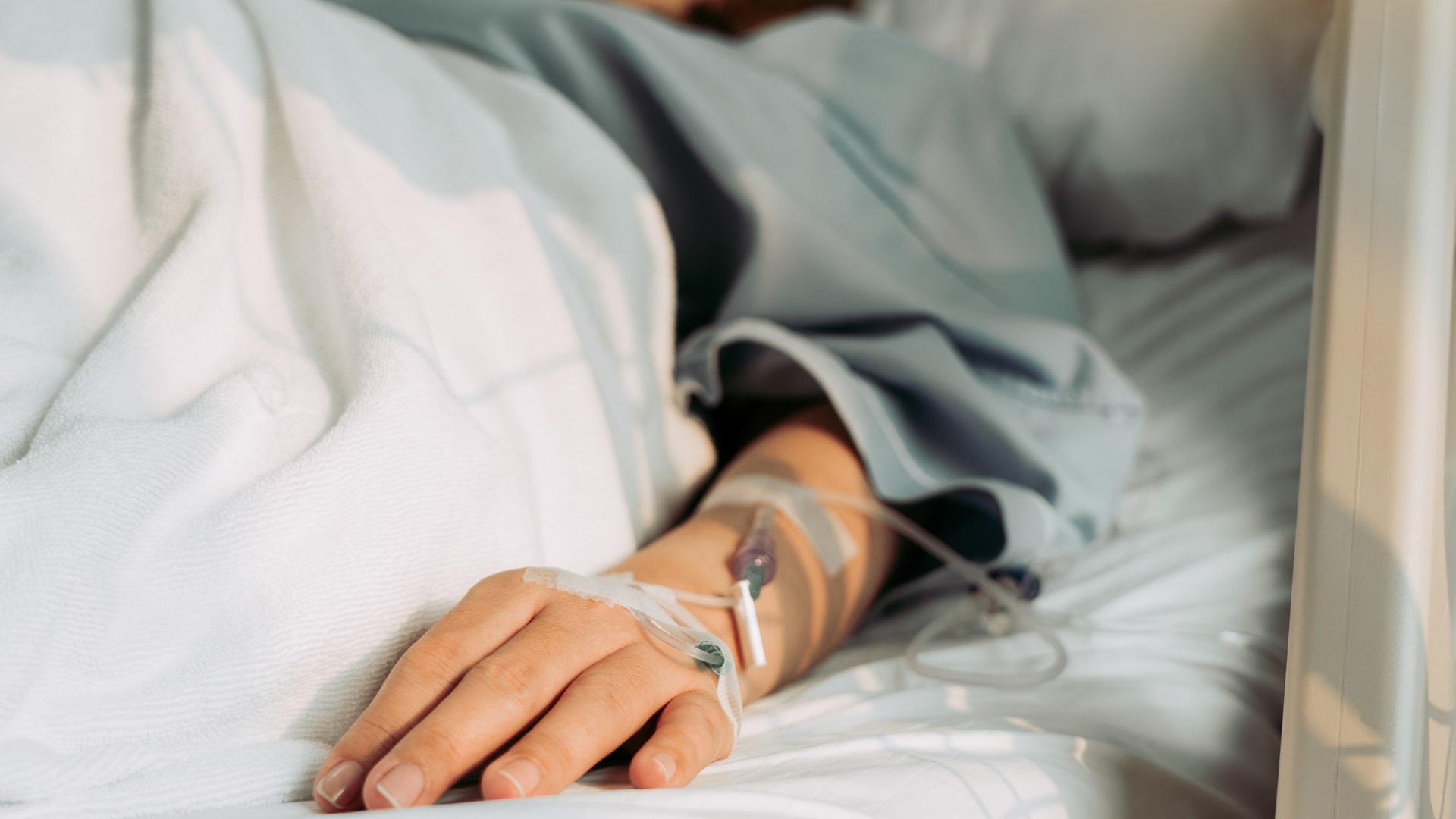
What Is Considered a Catastrophic Injury in Personal Injury Law?
Understand catastrophic injuries in personal injury law - definitions, impacts, causes, and why specialized legal help is crucial for securing proper compensation. read more
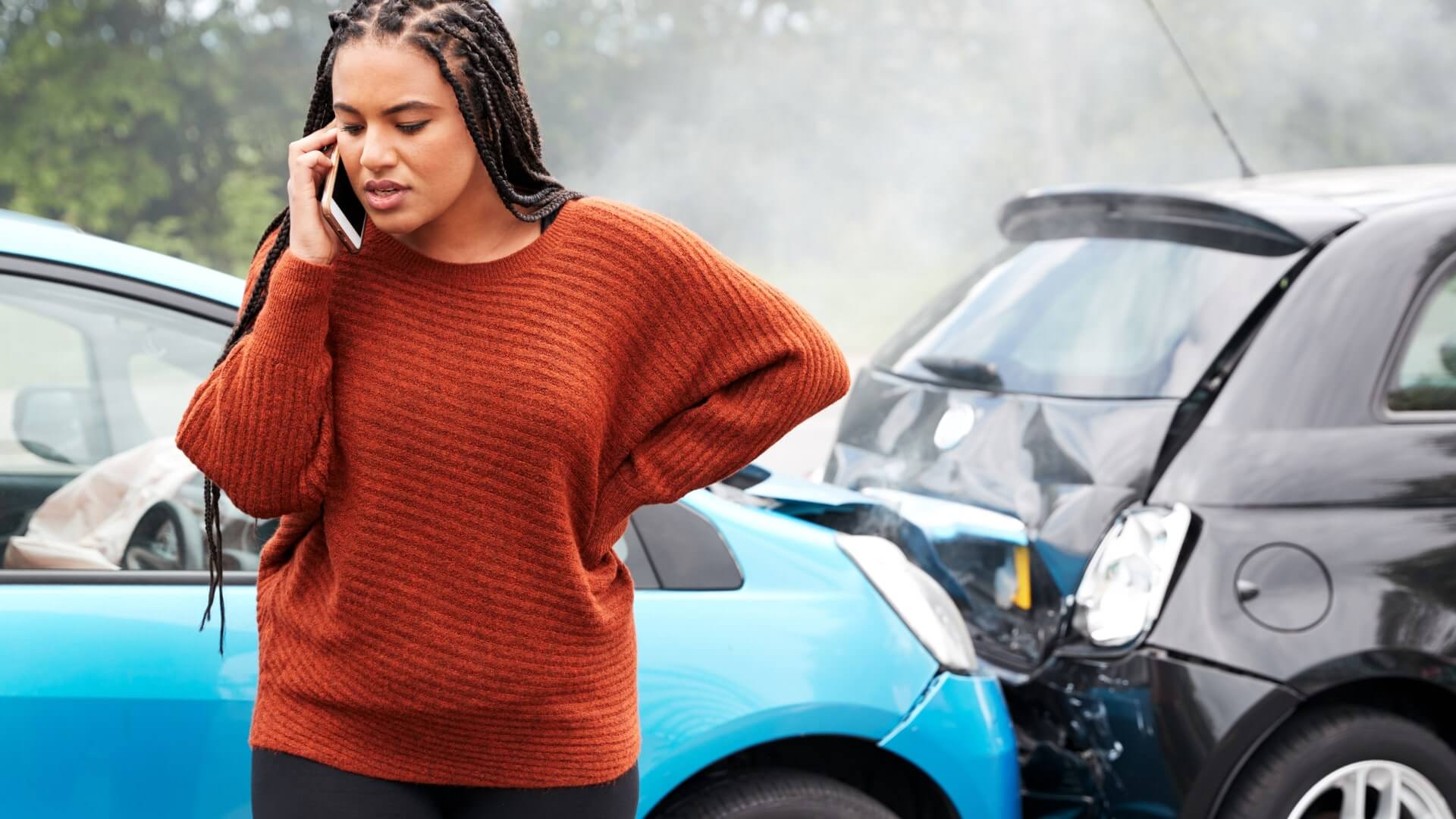
The Biggest Mistakes People Make After an Accident Causing Personal Injury
Discover the critical mistakes people make after injuries that can damage their compensation claims and learn how to avoid these costly errors. read more

Financial Struggles After Accidents: Recovery & Legal Options
Explore the financial impact of injuries, from medical debt to lost wages. Learn legal options, coping strategies, and support for recovery stability. read more

Emotional Trauma After an Accident: Understanding Your Rights and Recovery
Discover how emotional trauma after accidents affects mental health and daily life. Learn about your legal rights and the recovery journey to healing and compensation. read more

Motorcycle Accidents: Types of Injuries, Settlements, and Your Rights
Learn about motorcycle accident causes, safety tips, and legal rights. Comprehensive guide covering injury types, injury settlements, and steps to take after an accident. read more
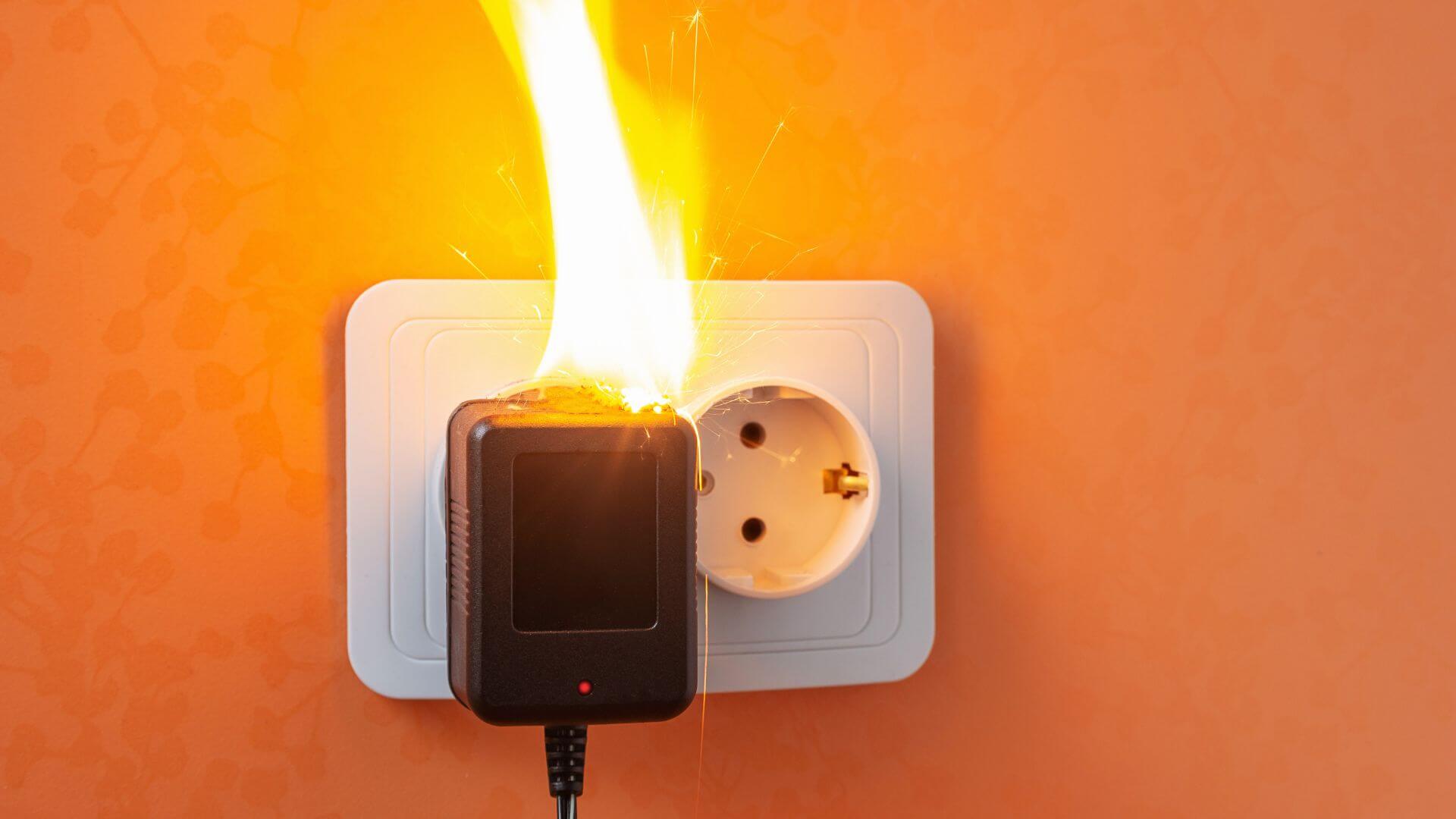
Product Liability in California: Protecting Consumer Rights
Learn about California product liability law, including types of defects, liable parties, and compensation available for injuries caused by defective products. read more
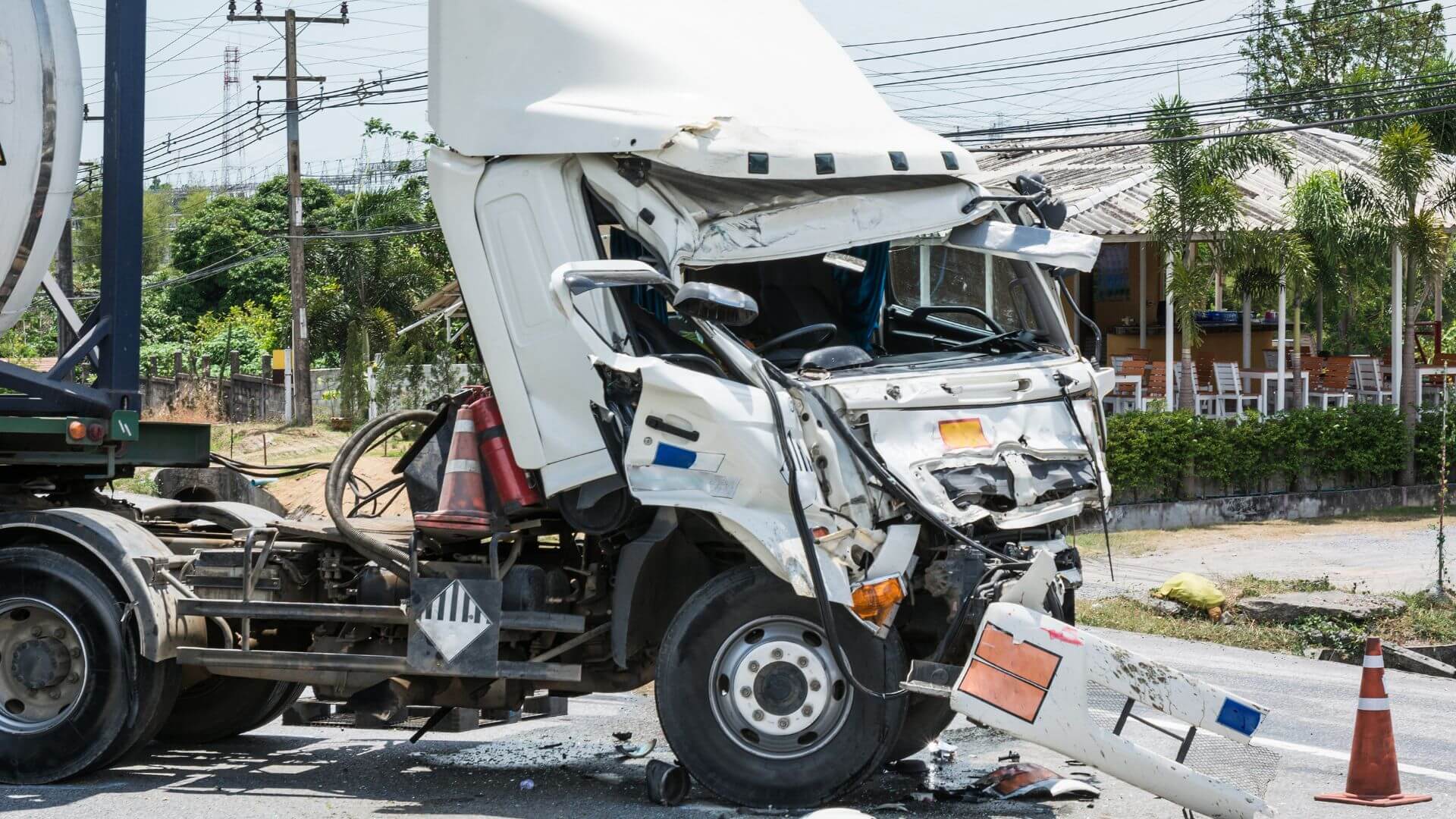
What Does a California Truck Accident Lawyer Do?
Learn how an experienced California truck accident lawyer can help maximize your compensation through expert investigation, evidence preservation, and strategic negotiation. read more

What is Premises Liability Law: Responsibility, Examples, and Common Types
Imagine walking through a quiet shopping center, enjoying a peaceful afternoon, when suddenly a wild Canadian goose darts out, knocking you over and fracturing your hip. It may sound far-fetched... read more
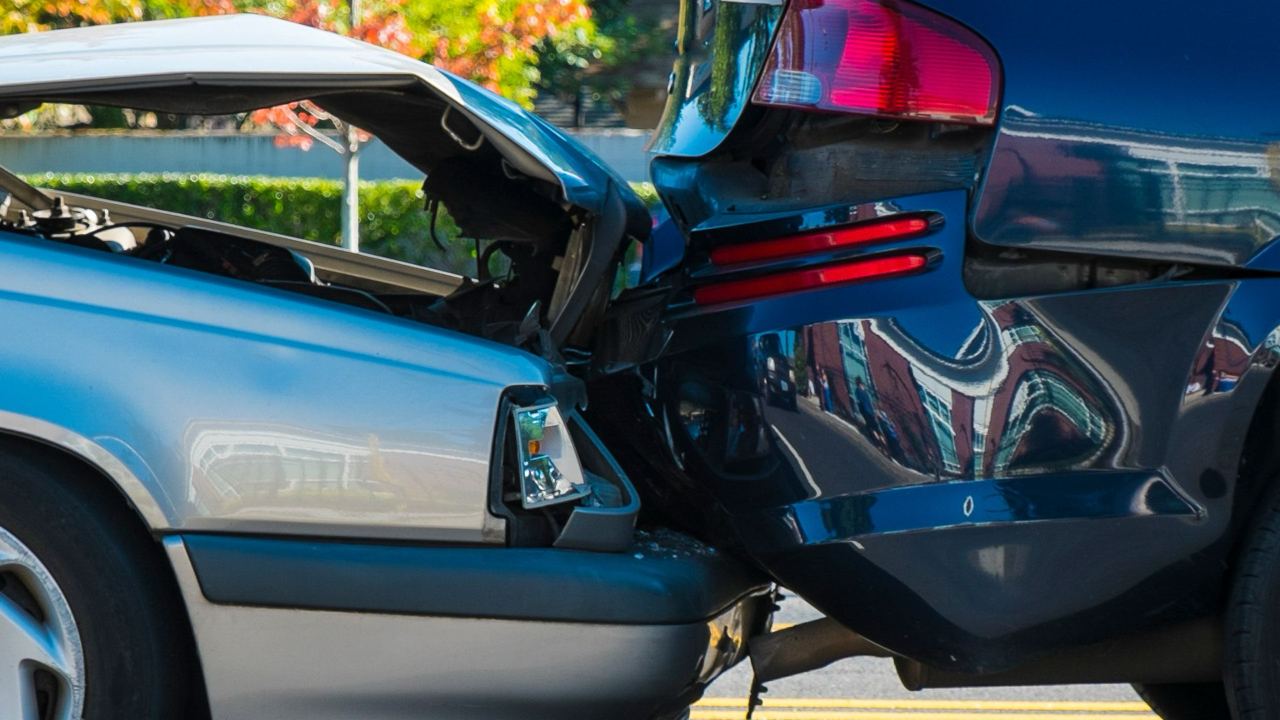
What to Do if You’ve Been in a California Car Accident?
If you’ve been in a car accident, you might be overwhelmed with the experience and what to do next. Your priority is your safety and health, and if you have been injured, getting the support you need to recover. read more
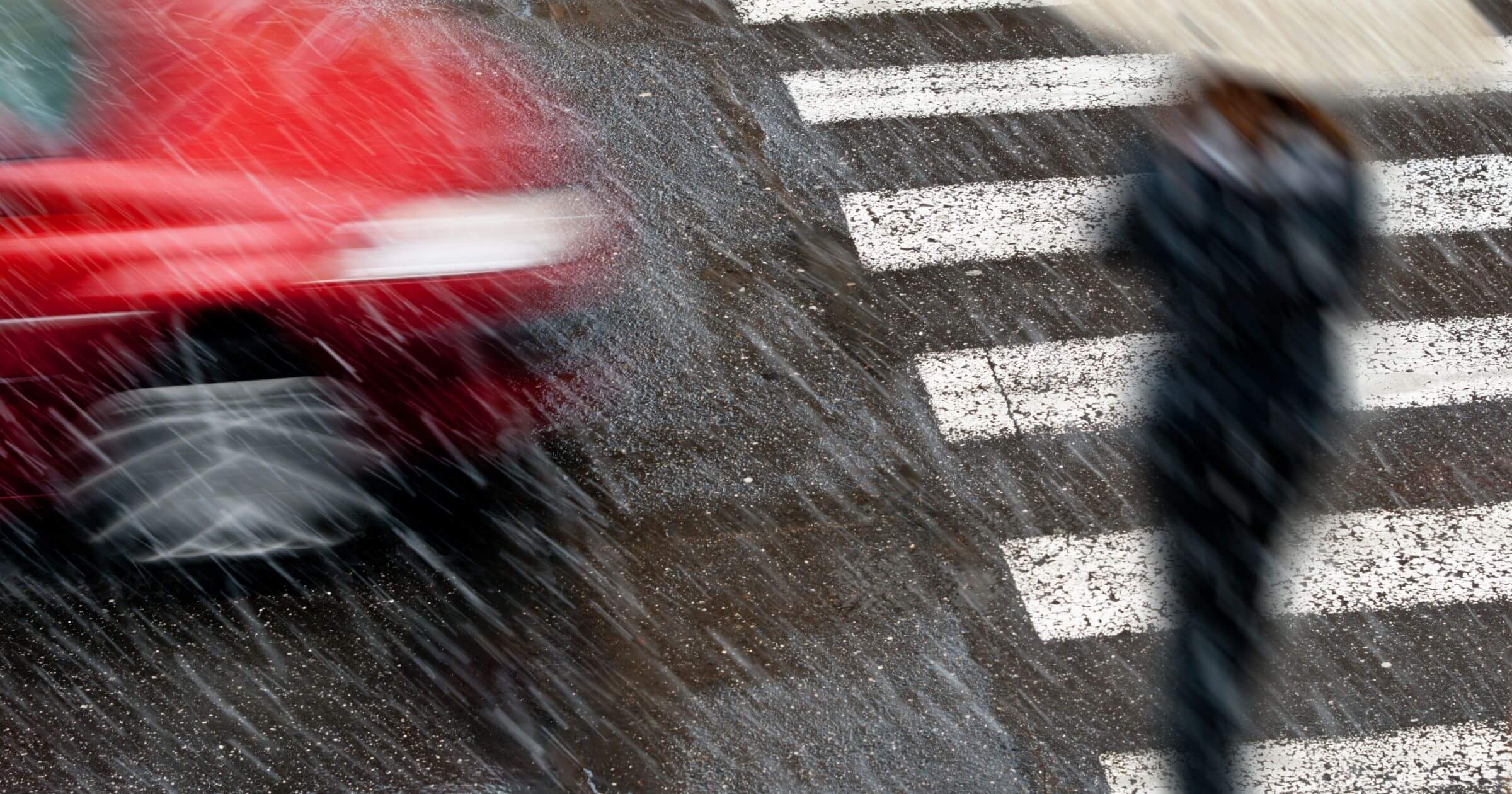
How long does it take to settle a pedestrian accident in California
When estimating the duration of a pedestrian accident settlement, it's important to consider all the factors that can influence the process. read more

How Much to Expect from a Car Accident Settlement in California
Car accidents are unfortunate events that can result in significant physical injuries and extensive medical treatment. read more
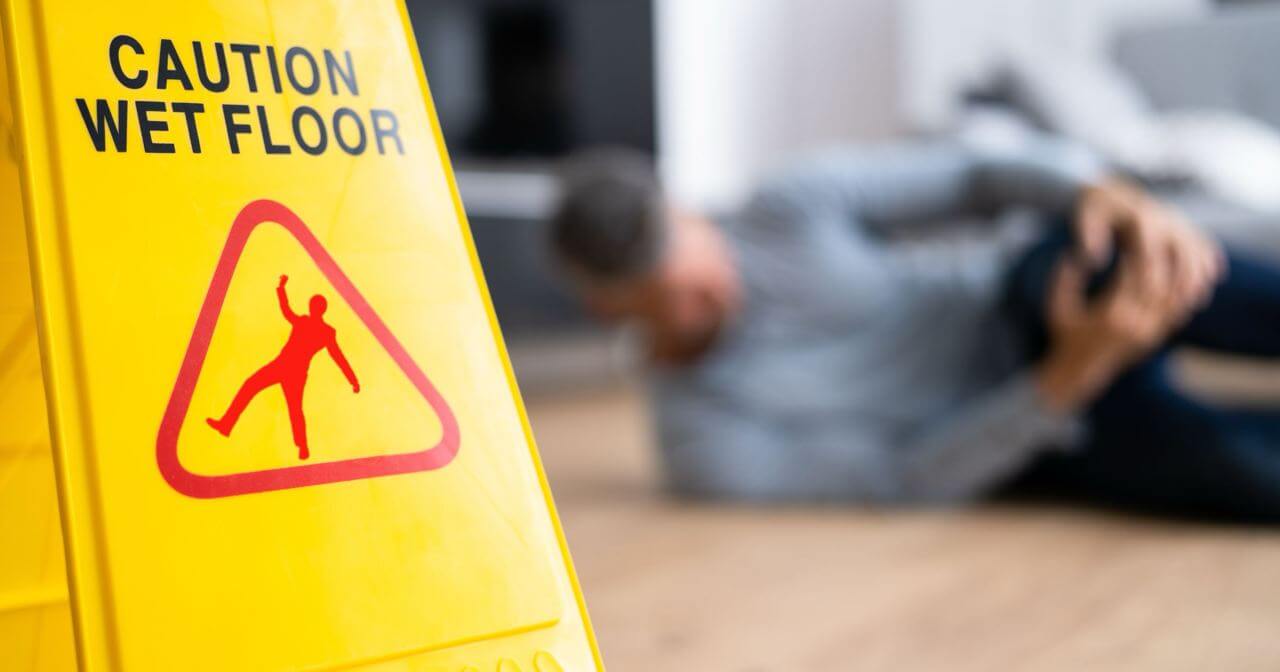
What to Do After a Slip-and-Fall Accident
This guide, while not a substitute for legal or medical advice, can help you figure out what to do in the short- and long-term after you’ve had an accident. read more